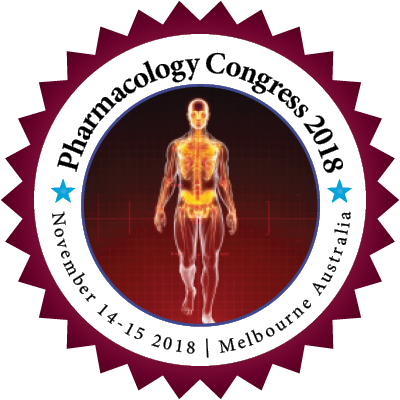
Hiroshi Maruta
PAK Research Center, Australia
Title: PAK family kinases come of age: Celebrating 40 years of discovery
Biography
Biography: Hiroshi Maruta
Abstract
Since our team at NIH found the very first member of PAK family kinases (called “myosin I heavy chain kinase”) in a soil amoeba in 1977, this family of RAC/CDC42-dependent Ser/Thr kinases kept expanding their territory during the last four decades. Among this unique family, however, PAK1 has been most extensively studied so far, mainly because it is essential for malignant transformation of mammalian cells, but non-essential for normal cell growth and shortens the heathy lifespan of small animals such as C. elegans and is involved even in PDGF/MSH-dependent melanogenesis. For this reason, a variety of PAK1-blockers/inhibitors have been developed or identified since the turn of this century, and some of them such as propolis and 15K could be potentially useful for therapy of solid tumors, promoting the longevity by suppressing a variety of other PAK1-dependent diseases/disorders such as AD (Alzheimer’s disease), hypertension and diabetes (type 2), and even for the cosmetic treatment of hyper-pigmentation (so-called “skin-whitening”). Thus,
the potential market value of these PAK1-blockers would be huge in both pharmaceutical and cosmetic industries. In this commentary, I shall briefly highlight the uniqueness of PAK1-blockers useful for signaling therapy causing no serious side effect, in contrast to conventional anti-cancer drugs such as DNA/ RNA/ microtubule poisons which clearly cause serious side effects such as hair-loss, suppression of immune system and loss of appetite. Rather
surprisingly, these PAK1-blockers such as propolis and 15K promote hair growth and boost even our immune system easing the damaging side effects caused by conventional anti-cancer drugs.

